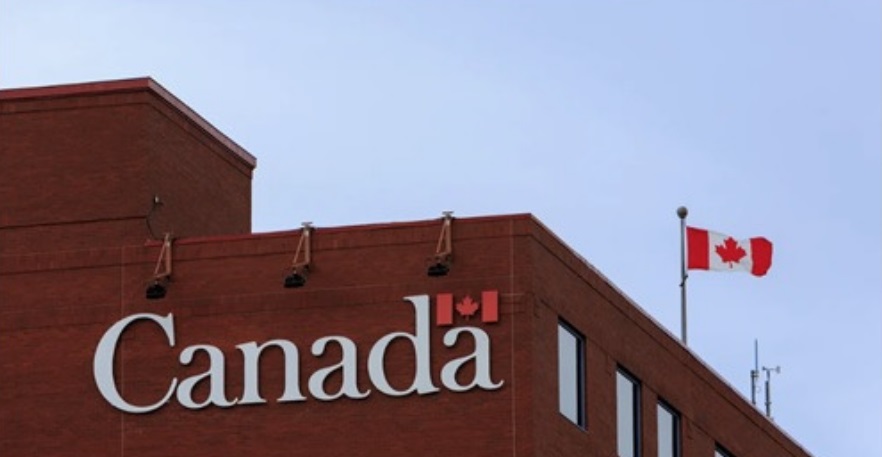Canadians may soon be able to purchase CBD health and wellness products at their local grocery store after a government scientific advisory panel found CBD ‘safe and tolerable’ as an OTC medication.

Current regulations limit access to CBD products to either doing so by obtaining a doctor’s prescription or making purchases only from cannabis retail shops. After three years of research and deliberation, a scientific advisory panel appointed by Health Canada concluded that CBD is “safe and tolerable for short-term use (a maximum of 30 days) at doses from 20 milligrams per day to a maximum dose of 200 mg/day.” If the changes are approved, grocery stores and other non-cannabis retailers will be able to sell CBD products for human consumption as an OTC medication. *Most legal CBD products are currently manufactured and sold through Canadian licensed cannabis producers.
If the recommendations are approved by Health Canada, the changes would have wide-ranging effects.
- Growth: In 2020 the Canadian Health Food Association (CHFA) reported that the Canadian CBD market could grow to $2 billion (CAD) with a 7% CAGR if regulations were changed to sell CBD as an OTC health product.
- Competition: New market entrants will enter the space without the need to be a cannabis LP or pharmaceutical company.
- Branding: Severe marketing restrictions would be lifted allowing companies to better market their products.
- Global access: Import and export restrictions on CBD products, virtually non-existent now, would be eased.
After a review of over 100 scientific and medical studies, the panel made four primary recommendations about the OTC sale of CBD products for human consumption:
- Ask patients to first consult a doctor if they’re also taking other medications
- Carry statements on potential interactions between CBD and other drugs or alcohol
- Bear “prominently placed” warnings recommending that CBD should not be used by individuals who are pregnant or nursing, or by people with allergies or hypersensitivity to cannabis
- Carry dosing instructions and warnings of potential side effects, especially at high doses
Approval by Health Canada, an agency US FDA, will come by the end of the year. The panel was composed of nine experts, and they endorsed the recommendations in the report unanimously. Based on the previous history of similar panels, full approval of the recommendations is expected to be implemented nation wide.
The panelists also looked into animal usage of CBD and concluded that CBD is safe for dogs at low doses – (less than 4 milligrams per day for every kilogram of animal weight).
Important challenges remain. Can the liberalization of federal CBD regulations turn Canada into a global CBD leader similar to its role in global cannabis? And will this comprehensive, thoughtful review with the weight of Health Canada behind it serve as a model for the FDA, EU EMA, and other government agencies currently considering how best to regulate CBD and protect consumers? As we’ve seen with cannabis liberalization expect surprises.
*CBD topicals and cosmetics were not in the scope of the panel are already widely available
Editors’ Note: This is an excerpt from our Monthly Playbook. If you would like to read the full monthly playbook and join the thousands of others you can sign up below.


